Not content with omitting overpopulation concerns from its own rhetoric, in its World Population Day statement the UNFPA has gone on the attack, labelling all concerns about the numbers of humans ‘alarmist’. Jane O’Sullivan takes them to task.
By Jane O’Sullivan
The United Nations Population Fund (UNFPA) was created in 1969 to act on the world community’s concerns about population growth. Since the mid-1990s, it has gradually reinvented itself, first into an organisation concerned with a menu of items that might indirectly affect global population while feigning unconcern with the numbers, but lately into the thought-police determined to suppress population concerns.
This makes UNFPA’s observance of World Population Day (WPD) on 11 July an interesting challenge, forcing the organisation into rhetorical knots to assert its own relevance while denying the relevance of population. This year it replaced its WPD webpage with a new statement that presents the coming landmark of 8 billion people as an opportunity to be grasped.
The previous statement (not easy to find, but archived here) noted that the Day of Five Billion, which was observed on 11 July 1987, subsequently became an annual event. It reads, “By resolution 45/216 of December 1990, the United Nations General Assembly decided to continue observing World Population Day to enhance awareness of population issues, including their relations to the environment and development.”
This year’s statement makes no mention of environmental impacts, despite their growing urgency, and infers that population concerns only distract from efforts for development: “We do ourselves no favors when neglecting those left behind. Let no alarmist headline distract from the work at hand.”
As has become a familiar pattern, the UNFPA’s new stance of population-shaming is backed by false assertions and baseless accusations. In response to “alarmists” who call for “measures to curtail or induce population growth”, it says, “But engineering population numbers has not proven successful in the past. Rather, it only serves to undermine human rights, including reproductive rights when women are forced to have more or fewer children against their will.” Were there no successful family planning programs in the past, which set out to reduce fertility voluntarily and succeeded without recourse to human rights abuses? An extensive World Bank study of past family planning programs around the world disagrees: “The study’s overall conclusion is that, for the most part, the family planning program ‘experiment’ worked: policy and program interventions contributed substantially to the revolutionary rise of contraceptive use and to the decline in fertility that has occurred in the developing world in the past three decades.”
As we noted in a recent blog, this denial of past family planning successes has become an axiom of the population-shaming mythology. An honest appraisal of past attempts to “engineer population numbers” would show that voluntary programs were not only highly successful in reducing birth rates, but were also instrumental in launching a new phase of inclusive development in those countries. It is the countries with persistent high fertility which are left behind in the widening gulf of global inequality. This makes the UNFPA not only guilty of false accusation, but of actively exacerbating poverty and inequality by undermining political will for the most effective anti-poverty interventions known to date.
Admonishing the alarmists, we’re told, “But focus should be on people, not population. Reducing people to numbers strips them of their humanity.” Then, hilariously, the statement applauds the UNFPA’s role in facilitating the censuses and surveys that reduce people to numbers. “Making sure everyone is counted can allow governments to better assess the needs of a changing population and chart a surer path to addressing those needs for demographic resilience.” We heartily agree, but where is the dehumanisation in this? And why is it ‘alarmist’ to reference the dwindling natural resources available for “addressing those needs”?

The statement avoids being seen to target overpopulation concerns specifically by referring equally to the “population collapse” alarmists. But it draws attention to ageing with reference to a UN report on threatening ‘megatrends’ in which ageing, but not overpopulation, rates as an issue of concern. That report says, “Efforts to reverse or redirect these trends must be reinforced to ensure that we achieve the full measure of the 2030 Agenda.” Reverse or redirect these trends? By their own definition, does that not make the UN a population alarmist seeking to engineer population numbers?
The challenges of ageing are vastly overstated. Population growth undermines almost all the 2030 Agenda’s Sustainable Development Goals, but ageing threatens none of them. It is not “population alarmists” who are distracting from the work at hand, it is the UNFPA’s population-shaming propaganda. UNFPA appears to have entirely abandoned its seminal mandate to address the linkages between population, environment and development.
“8 billion opportunities for healthier societies”
The UNFPA statement opens, “In 2011, the world reached a population of 7 billion. This year, the number will hit 8 billion.” No hint of misgiving, rather it is given a celebratory tone with the hollow platitude, “In an ideal world, 8 billion people means 8 billion opportunities for healthier societies empowered by rights and choices.”
It doesn’t mention that 11 years is the fastest billion we’ve ever added. The previous three were added at intervals of approximately 12 years – a remarkably long period to sustain such growth. But instead of slackening, the pace has quickened in the last decade.
Yet we are told, “the pace of global population growth will continue to decline in the coming decades.” Continue from where? We’ve been told for decades now that population growth is slowing, but here we are with the fastest billion ever. The last figures issued by the UN (the 2019 World Population Prospects) did not establish any slackening of the pace. Let’s recall that the ‘pace’ of growth refers to the increment added over an interval of time, not the percentage growth rate, which expresses the increment as an ever-smaller proportion of the ever-bigger total population.
The next edition of the UN’s population data (World Population Prospects 2022) is billed to be released on World Population Day 2022 – a year late. Perhaps UNFPA knows something we don’t yet, but it’s become a bit of a pattern for the UN to overestimate the fertility decline in high fertility countries, so that the apparent recent decline in global growth in one data release turns out not to have happened in the next. We will blog soon on the new data release.


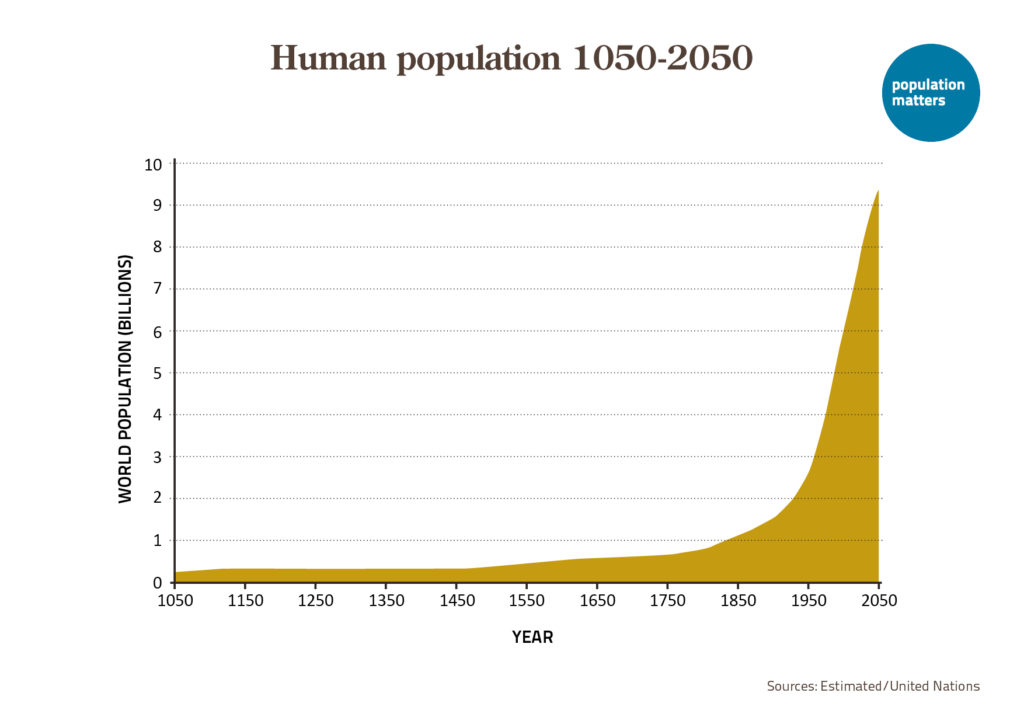
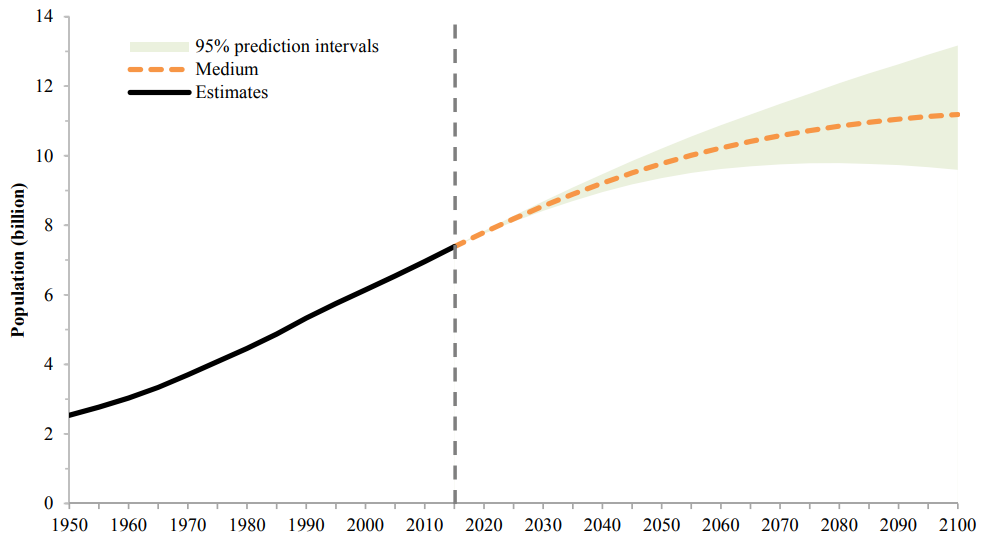
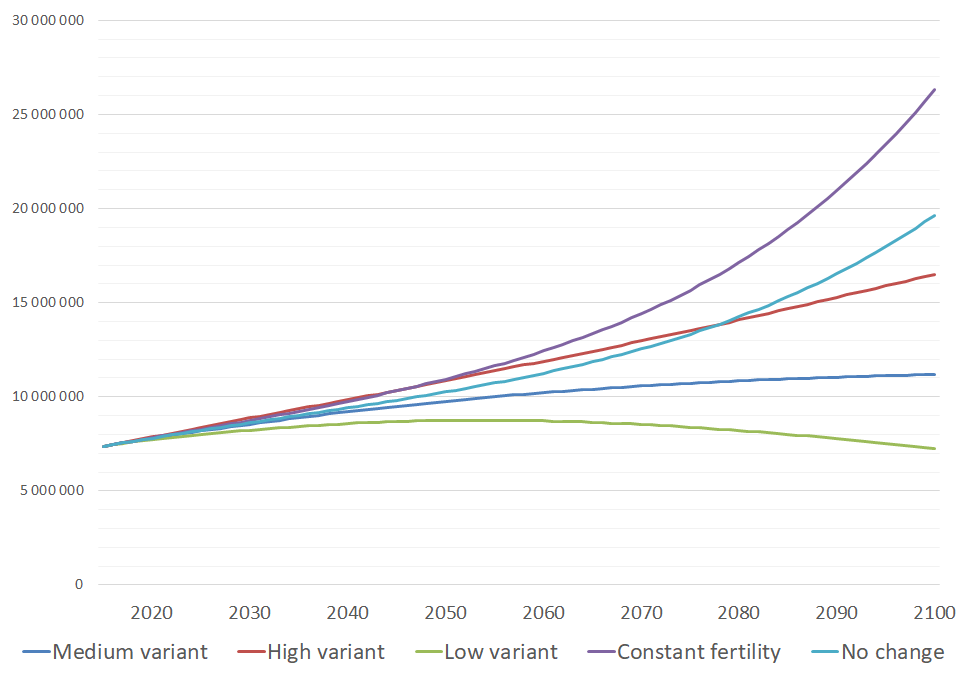
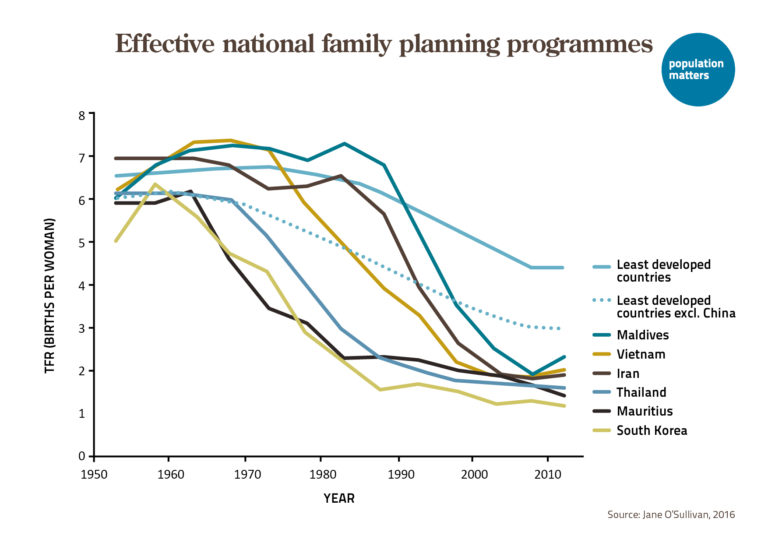

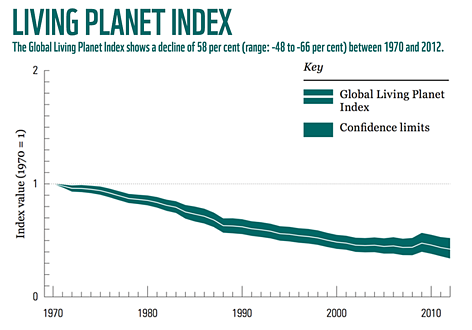
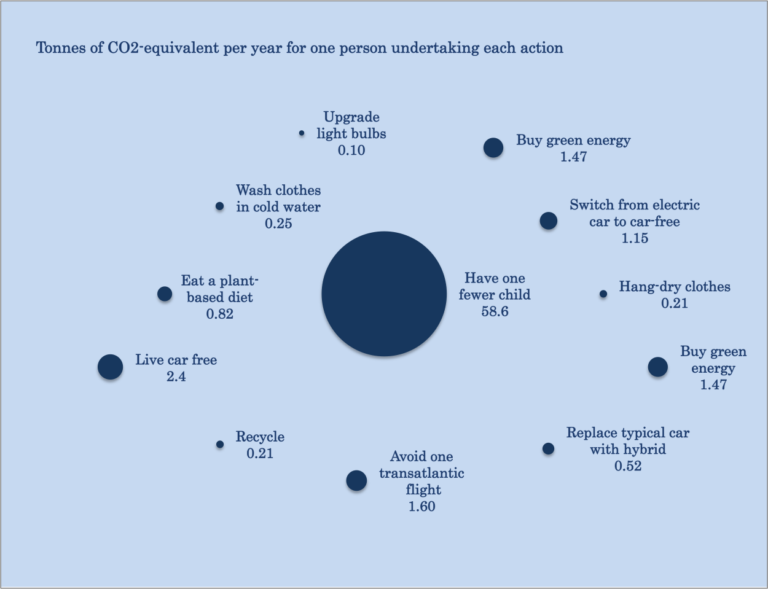
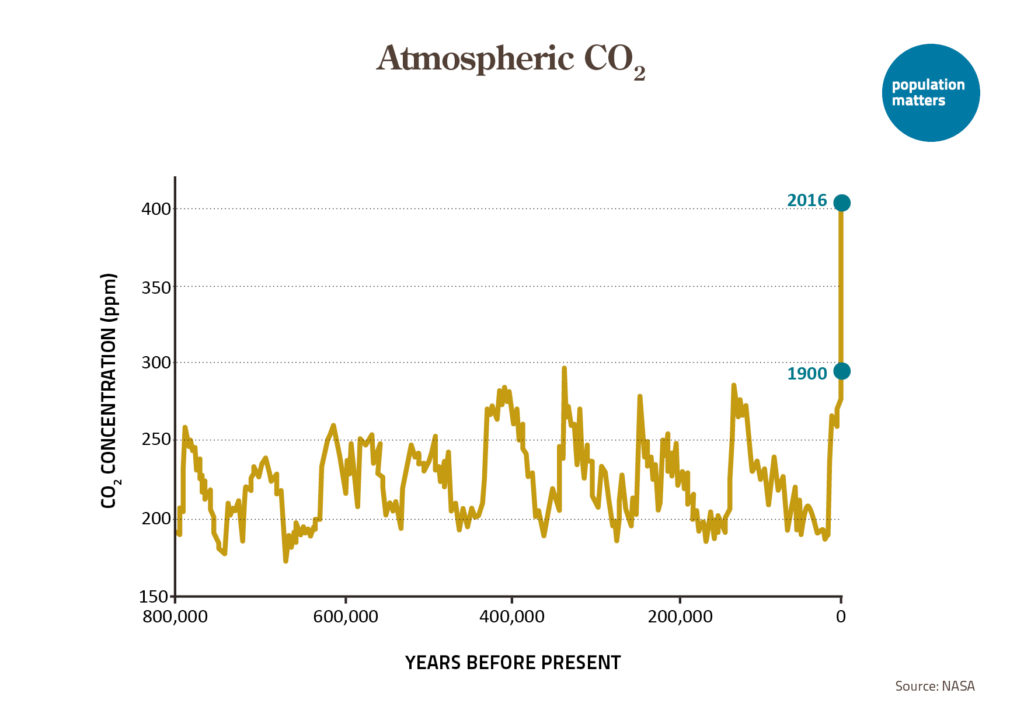
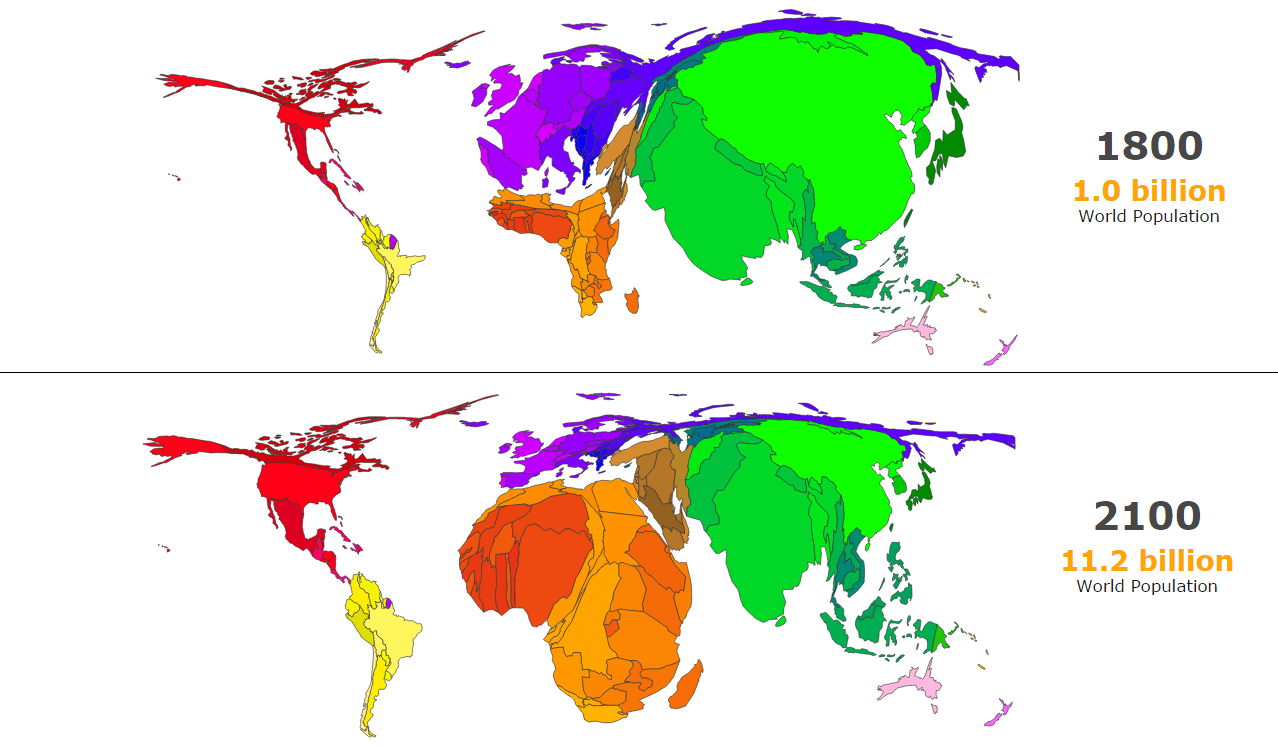
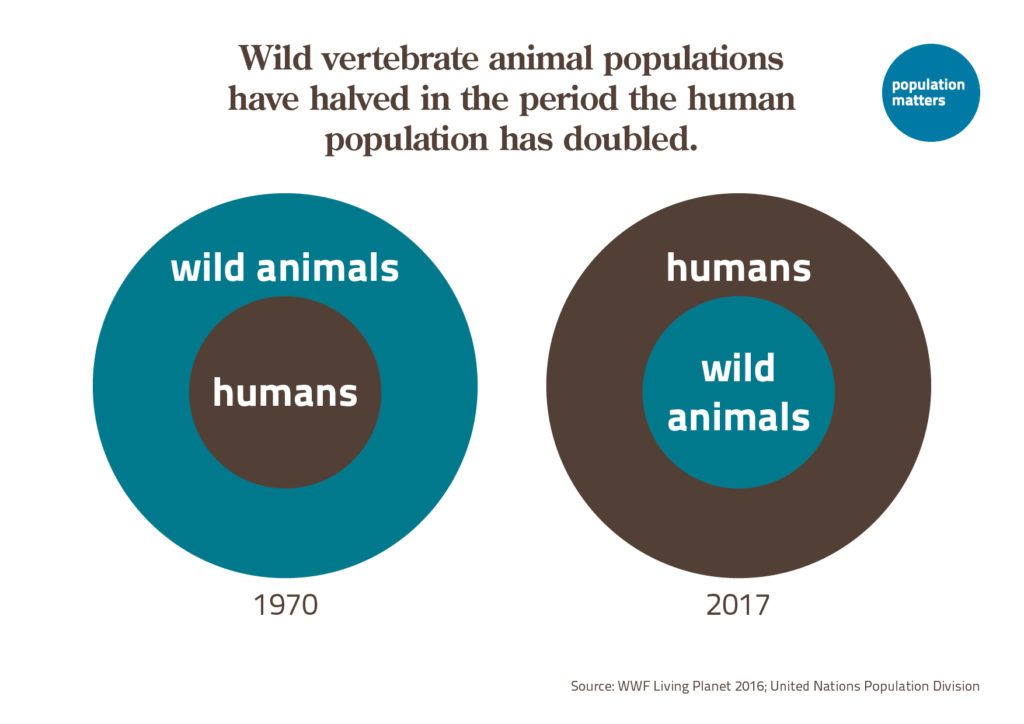
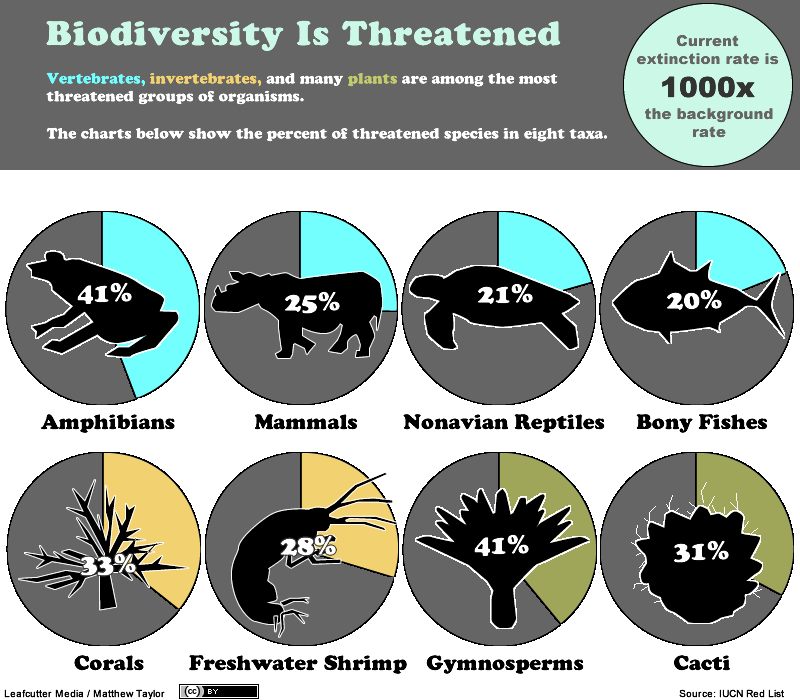
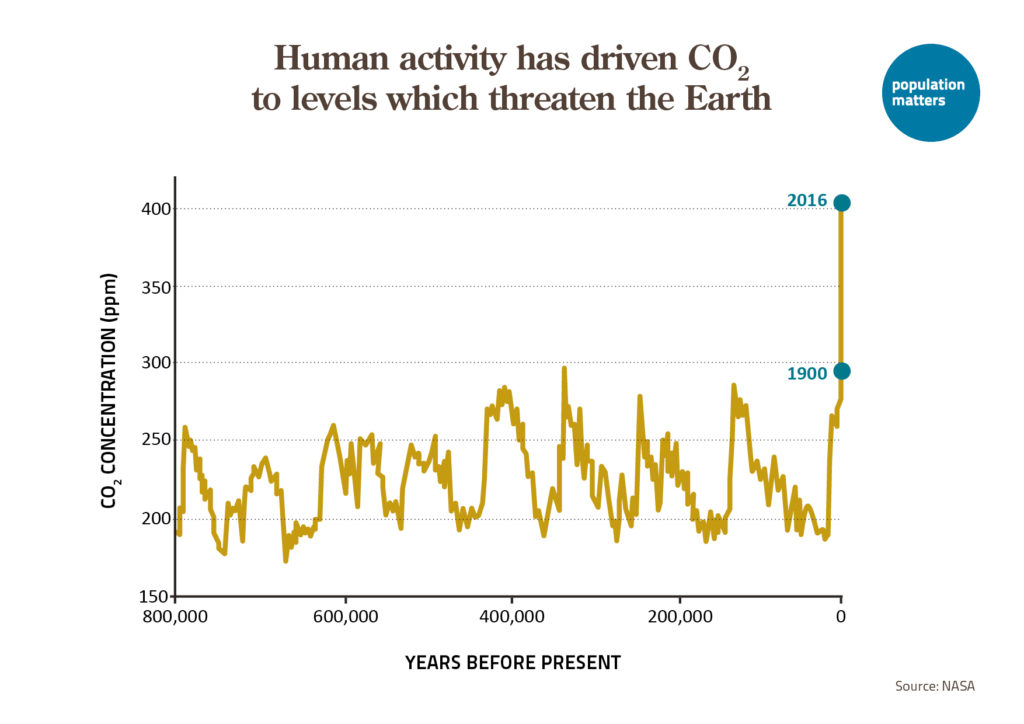
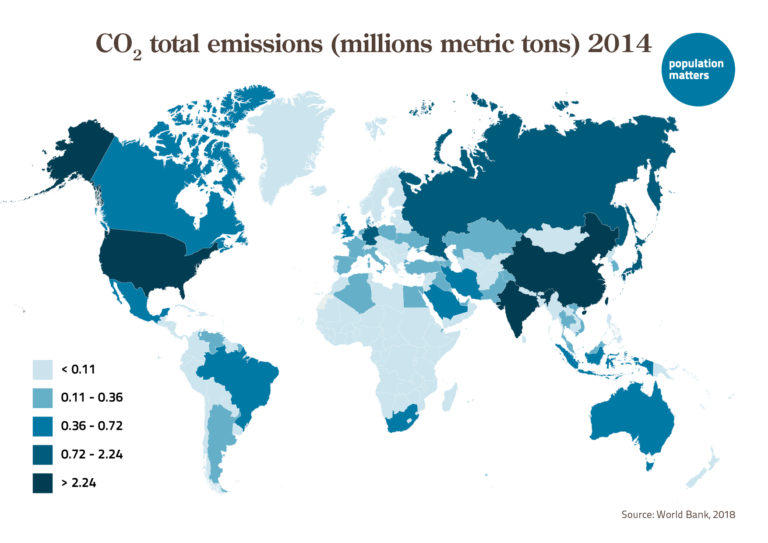

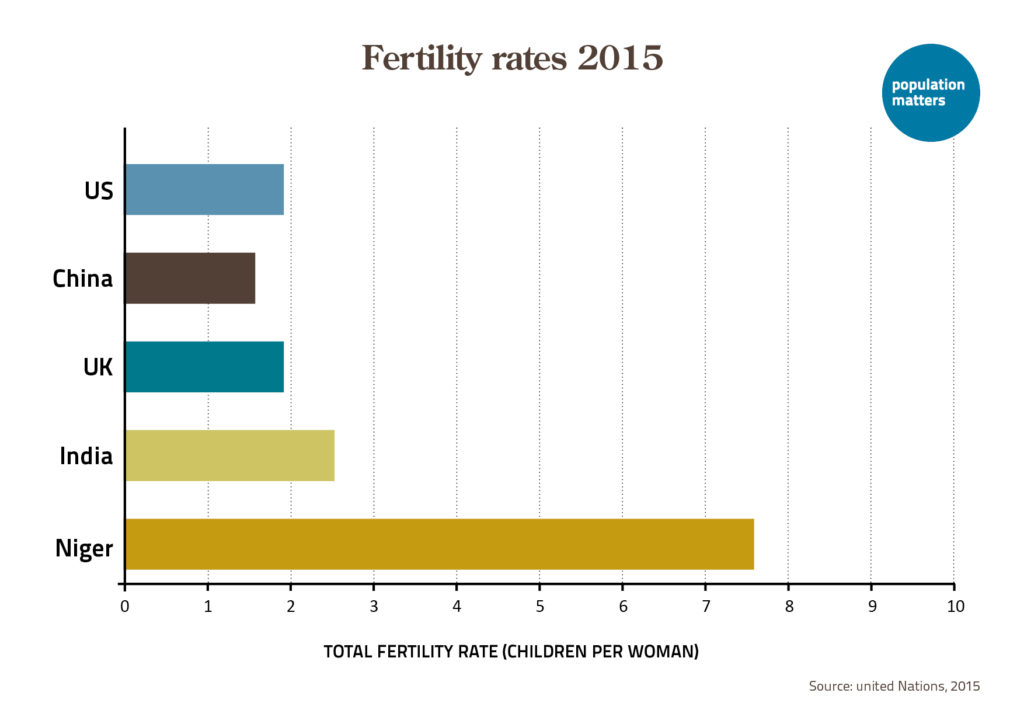
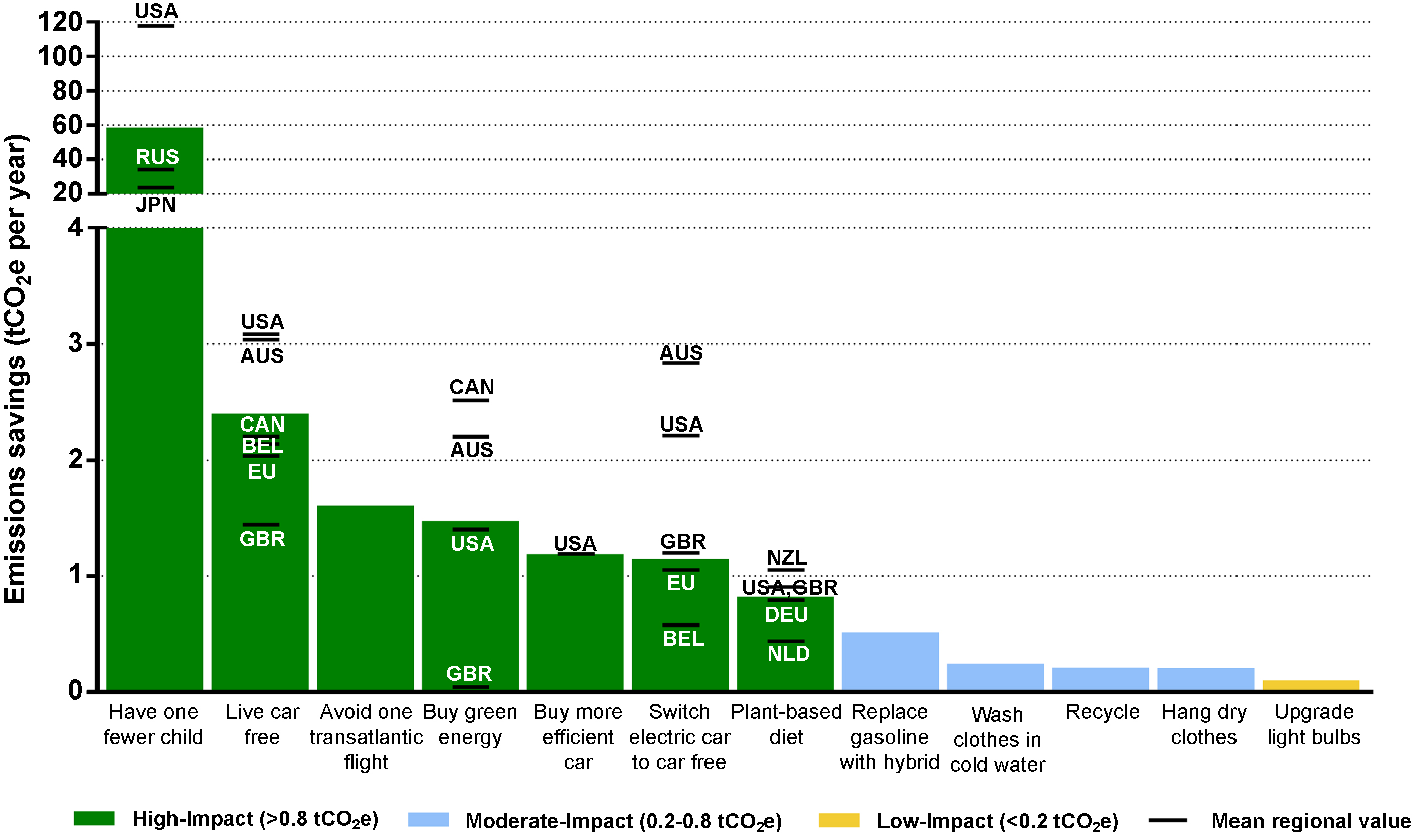



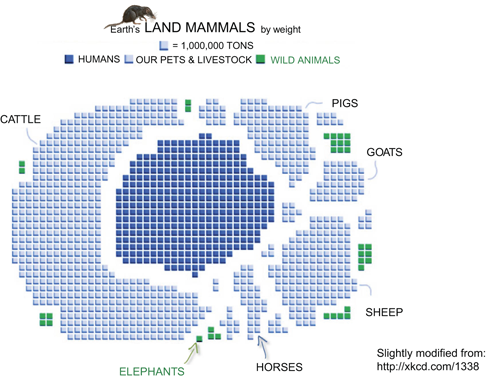

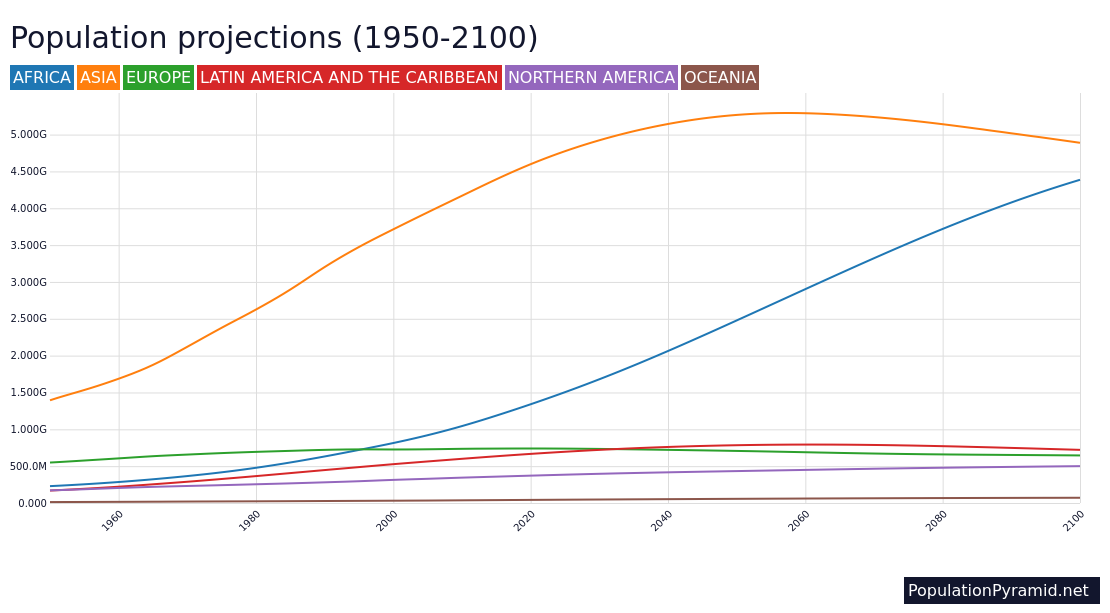
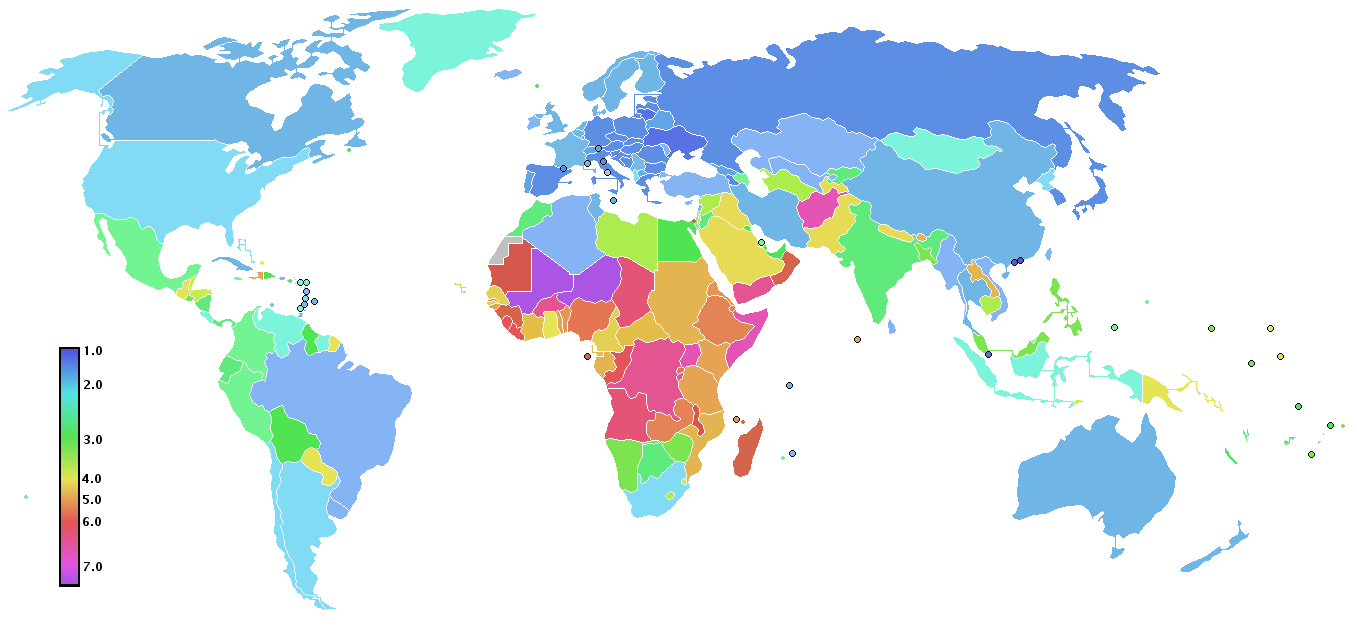
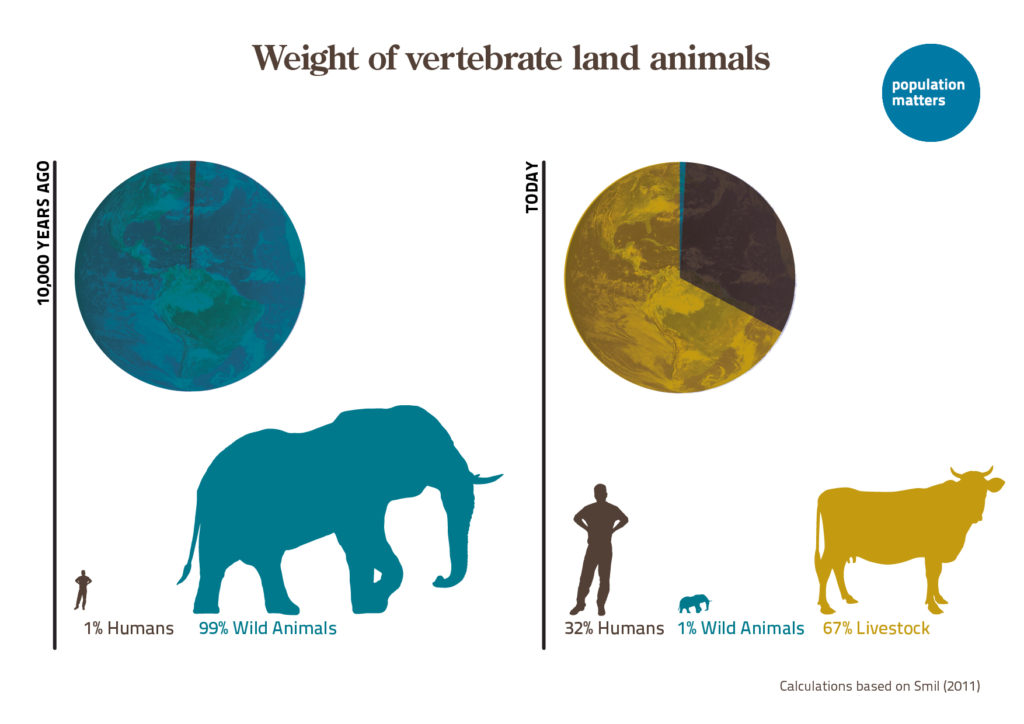

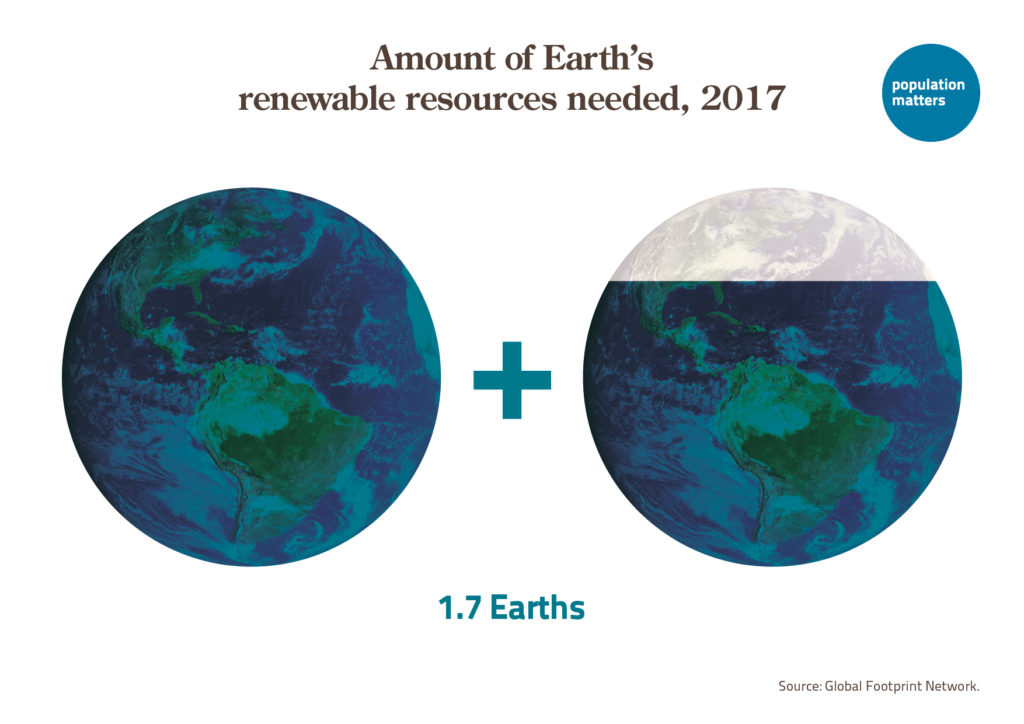


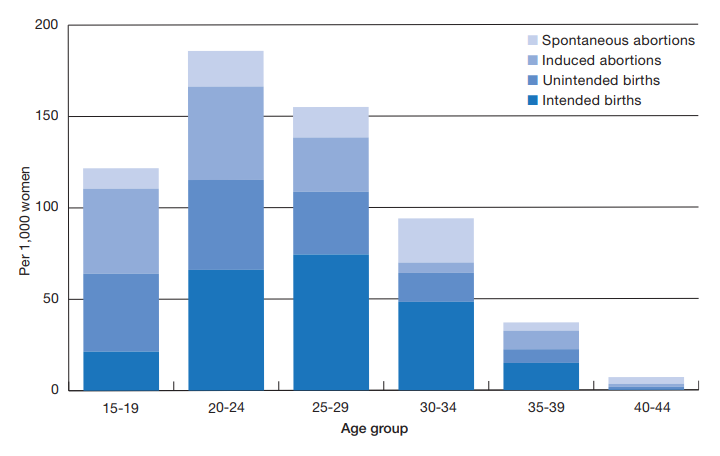
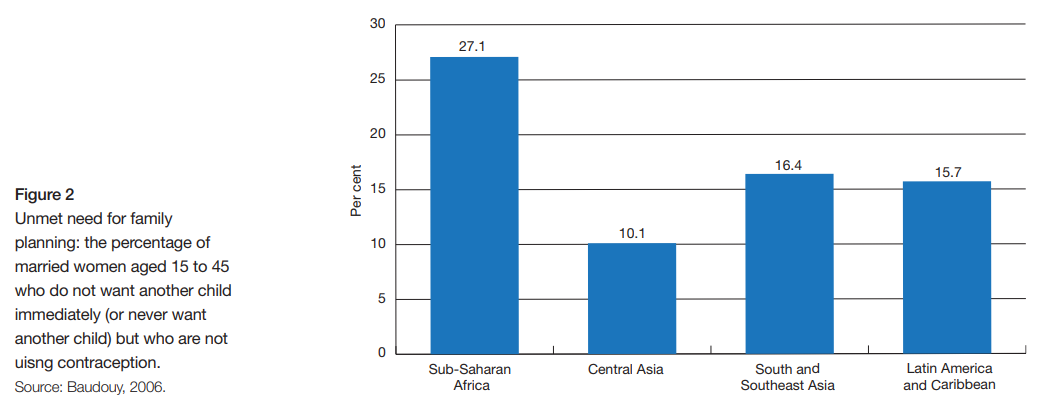
Leave a Reply